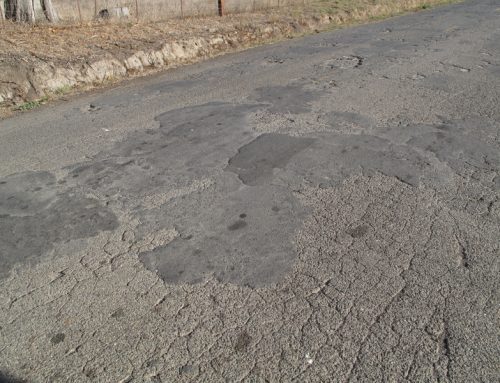There’s a lot of controversy over Californians’ illegal use of cell phones while driving. Here’s an Associated Press story about two states that are looking to regulate what pedestrians do while walking.
———-
By ANDREW DeMILLO
Associated Press
LITTLE ROCK, Ark. — Attention texting pedestrians and iPod-obsessed runners on the street: You may soon get unplugged.
After targeting drivers who paid more attention to their phone calls and text messages than the road, lawmakers in Arkansas and New York are now looking to crack down on pedestrians equally distracted by their own electronic gadgets.
Lawmakers in both states have proposed restrictions on using cell phones and music players, such as iPods, by people running and walking on the street or sidewalk. The apparent message: Distracted pedestrians are dangerous.
“It’s not just distracted drivers. We focus a lot on distracted drivers, but we also need to focus on distracted walkers and joggers,” said Jonathan Adkins, a spokesman for the Governors Highway Safety Association, a nonprofit organization representing state highway safety offices.
The proposal in Arkansas would ban pedestrians from wearing headphones in both ears while on, parallel or adjacent to a street, road, intersection or highway. The measure also applies to runners and cyclists and would allow pedestrians to wear headphones in one ear.
“You might not get the full effect of the Boston Symphony Orchestra with one ear, but you at least will be aware of your surroundings,” said Sen. Jimmy Jeffress, a Democrat from Crossett who proposed the legislation.
Democratic State Sen. Carl Kruger in New York has been trying since 2007 to ban the use of cell phones, iPods and other gadgets by pedestrians in major cities while crossing the street. The proposal would ban the use of an electronic device while crossing the crosswalk in a city with a population of 1 million or more. Violators would face a $100 civil fine.
Kruger said a series of accidents in his Brooklyn district made him concerned about the number of pedestrians he saw paying closer attention to their devices than what was in front of them.
“They were basically oblivious to the circumstances around them,” Kruger said. “They got wired up, and … their head was just in a different place . I don’t think it’s that much different than a ban on cell phones while driving or any other distraction.”
Most states have been tackling distracted driving in some fashion, with 30 states and the District of Columbia banning texting while driving. Many states also have put other restrictions on the use of cell phones, particularly by teen drivers.
The proposed restrictions come as safety advocates say they’re worried about a slight increase in the number of pedestrian fatalities. The Governors Highway Safety Association earlier this month reported that pedestrian fatalities rose slightly in the first half of 2010 compared to the same period in 2009. If the second half of the year shows no change, the group said, it would mark an end to four years of decreases.
Nationally, pedestrians make up about 12 percent of traffic fatalities, the group said.
Adkins said the group is not backing any proposals to criminalize headphones, calling or texting by pedestrians. He said the group would rather see increased public education on the dangers of walking or running while distracted.
“The pedestrian does have to share some responsibility,” Adkins said.
Jean Knaack, executive director of the Road Runners Club of America, said her group doesn’t ban headphones but recommends against their use while running or advises runners to at least use only one earphone. Knaack said she’s discouraged when she sees runners at group runs or races plugging into their iPhones or other music players, saying it takes away from the social aspect of the sport.
“I certainly would rather see it be more of an education campaign than an outright limitation,” Knaack said. “There are some people who have just convinced themselves they can’t run without it. They need that crutch to be able to get out and do it.”
Jeffress said his legislation, which does not spell out any penalty for a violation, is aimed more at increasing awareness than punishing pedestrians.
“I don’t envision the earphone police going out and arresting people,” Jeffress said. “I don’t see anybody being stopped to check what’s in their ears.”



